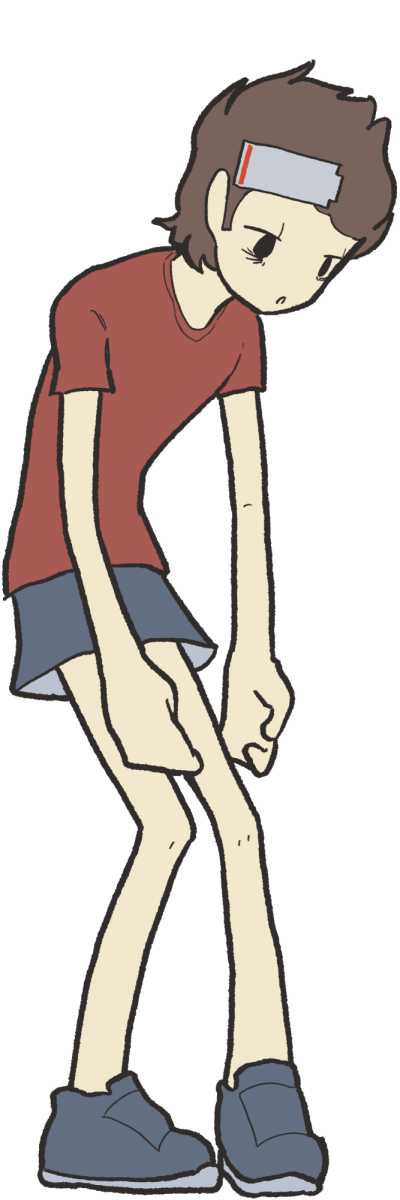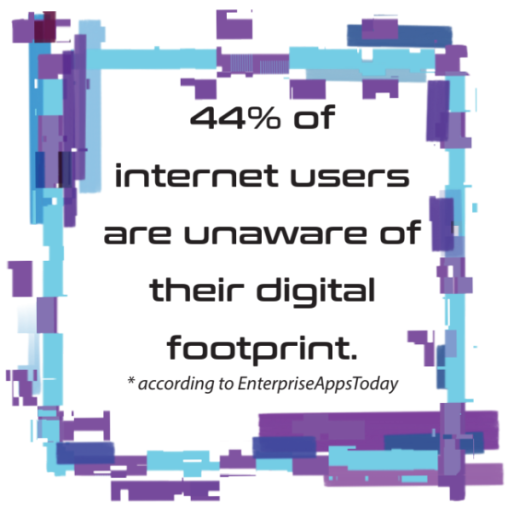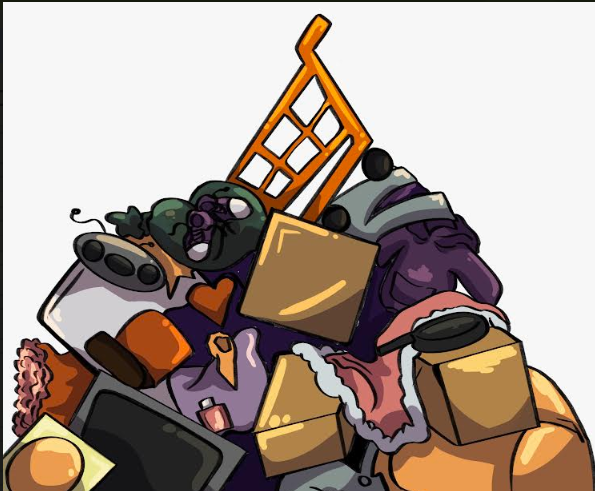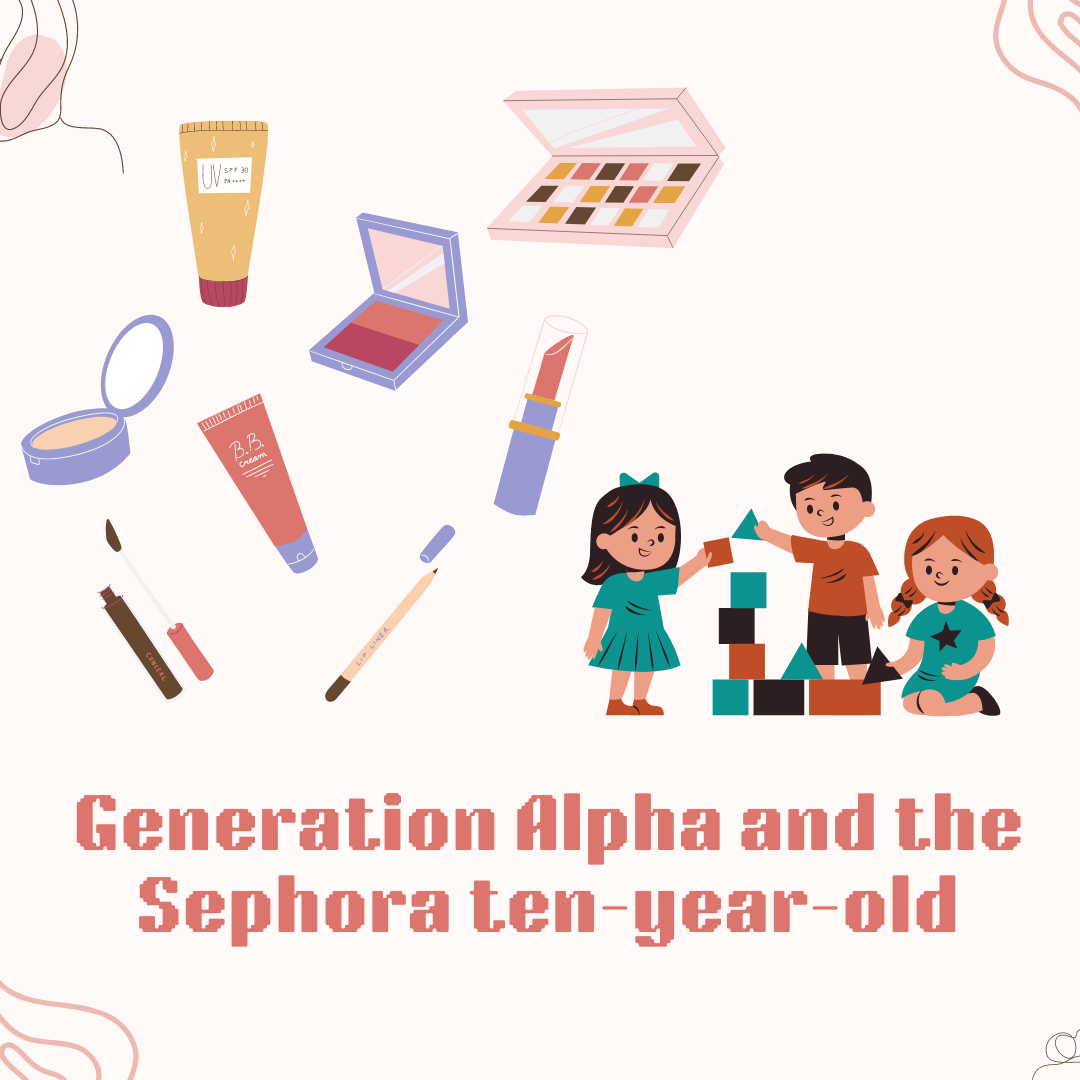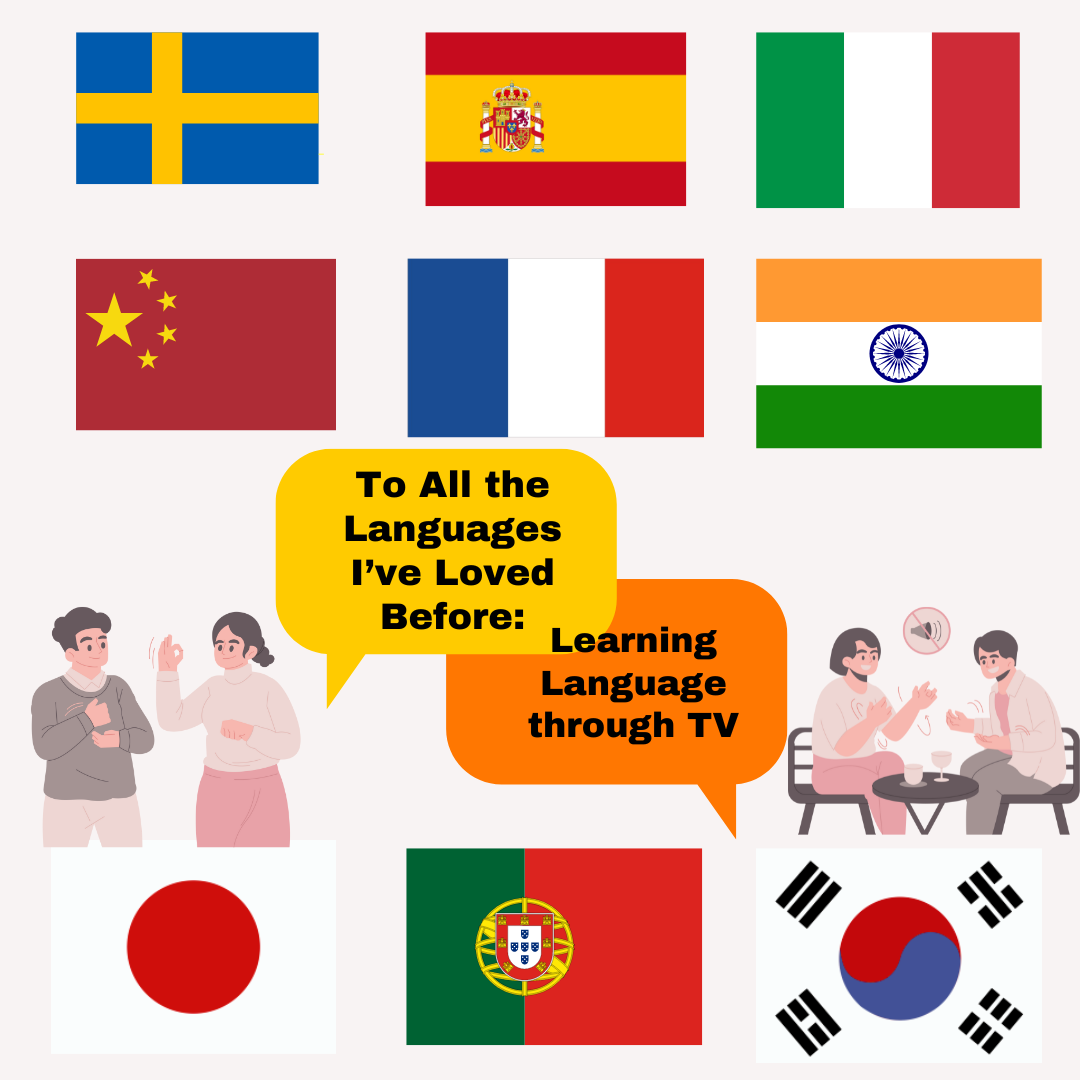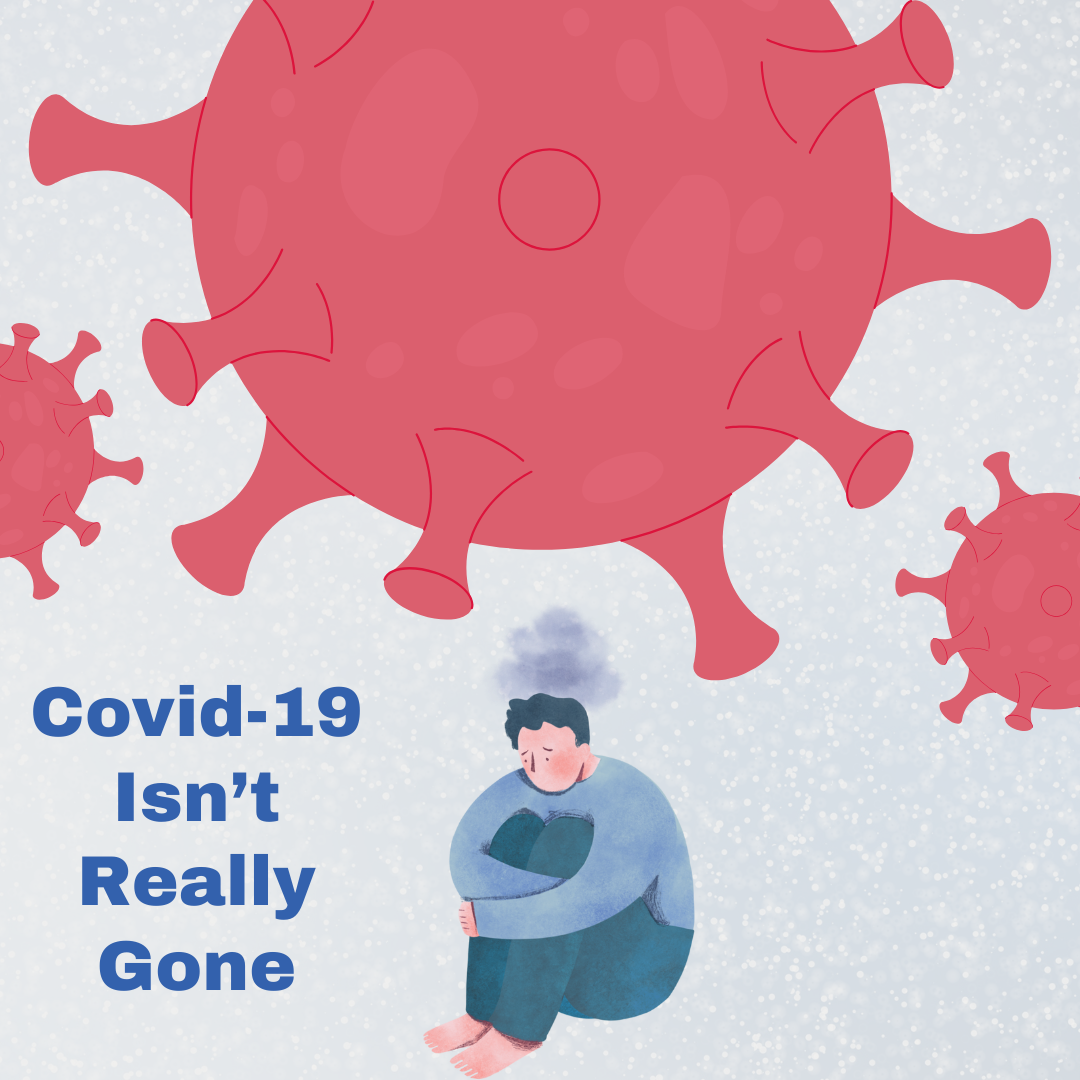If you had asked eight-year-old me about racism, I would have said that it ceased to exist after MLK had his dream; my knowledge would have been limited to a brief, shallow picture of slavery and the civil rights movement. That’s the way we’re socialized and taught, and that’s the easiest way to think about it.
This picture, however, is incomplete; racial injustice is still alive and well in this country, and has begun to come to light with the killings of black teenagers Trayvon Martin and Michael Brown. There is still lots of ignorance and denial surrounding it.
Here’s the part that really gets me: I benefit from this system. I don’t do it on purpose, but I do it. Every white person benefits from racism, and for the most part we don’t understand it. A white person can lack any prejudice whatsoever against members of another race, but their white privilege still works in their favor. Treating American racism as a good guy/bad guy issue where white people get a cookie for not being actively bigoted is one example of the white savior complex.
The white savior complex is the tendency privileged groups have to use helping others to validate their privilege. Remember Kony 2012? Go ahead, reach back in your memory to the awkward beginnings of my freshman year. A man named Jason Russell spearheaded the campaign to bring Ugandan warlord Joseph Kony to justice, a worthy and appropriate cause.
Here’s the issue: the video painted Kony as the face of evil and his child soldiers as the face of helplessness. Russell’s organization, Invisible Children, was the hero of the story, the savior. This group of young Americans were going to save Uganda. They were the solution to African problems.
This kind of belief completely disregards the agency of the Ugandan people in their own lives. I want to be clear in saying I do think immediate aid is 100 percent necessary and important. I also think there are ways to do that while respecting the agency and capability of disadvantaged groups; it just needs to be more mutually respectful than it often is.
Because of my privilege, white and otherwise, I can never ever ever ever act like I understand the full effects of systematic oppression I’ve never experienced. I can use my position of privilege to provide a platform for others, but I am in no place to speak for them. I am in no place to mythologize their experiences, to treat them as homogenous and retell their stories as I see them through my distorted lens of privilege. Neither can anyone else.
Immediate aid is 100 percent necessary and important, but in the end, it’s the people on top helping the people on the bottom into an already exploitative system rather than doing anything to dismantle that system. Oppression has a hierarchy; it works from top to bottom. We can only change things when we step outside that binary altogether.






